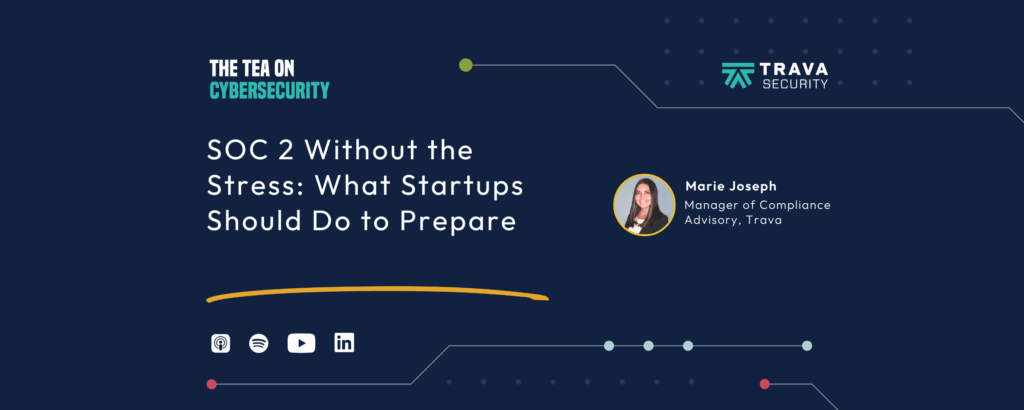Key Takeaways from Season 5 of The Tea on Cybersecurity
On Season 5 of The Tea on Cybersecurity, one thing became clear: security is not a one-and-done deal. It’s a continuous journey. In this episode, host Jara Rowe wraps up the season by highlighting the key takeaways and tackling the biggest myths and misconceptions...












